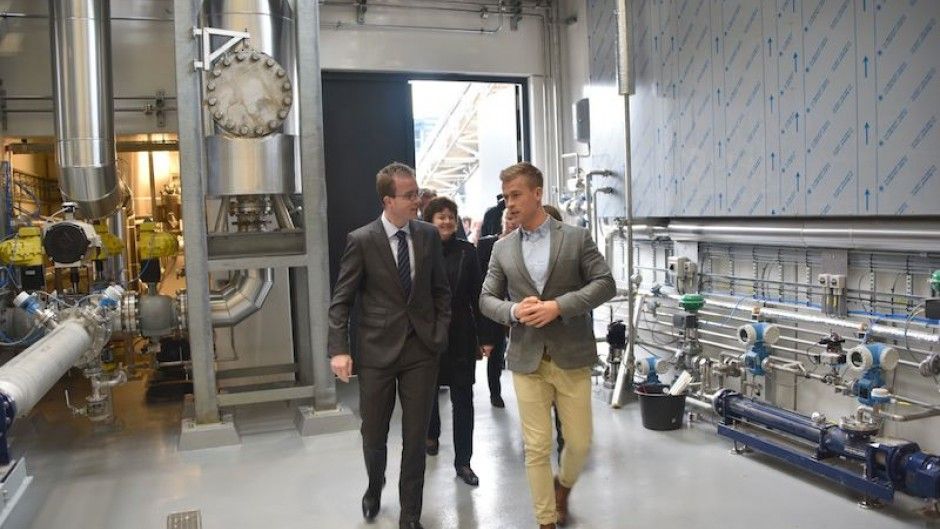As an increasing global population continues to exhaust the planet’s resources, sustainable technology is in higher demand every day. And Denmark has become a bit of a mecca when it comes to sustainable water tech, as personified by the Billund BioRefinery wastewater treatment plant in Jutland.
Even though Billund BioRefinery won’t be ready until 2017, South Korea has already forked out 50 million kroner to get its hands on two of the water treatment plants, which will be among the most energy efficient in the world.
“The whole world is on the lookout for the next big thing within water technology, which doesn’t burden the environment and can even produce sustainable energy,” said the food and agriculture minister, Esben Lunde Larsen.
“Billund BioRefinery is a good example of that thanks to a treatment process that produces 2.5 times more energy than it consumes. It’s also more affordable to run and cleans the wastewater better. It’s precisely what the world is clamouring for.”
READ MORE: Danish tech to alleviate US water challenges
A water-based future
Since the Billund BioRefinery project was launched in 2013, over 1,500 experts from nations like China, Germany, Mexico, South Korea and the US have visited the treatment plant.
Billund BioRefinery is the first flagship project supported by the Food and Agriculture Ministry’s MUDP pool for green-tech development projects. The project has received 15 million kroner in support.
The Danish water industry hopes to double the export of Danish water tech solutions by 2025. In 2014 Danish water solutions were exported to the tune of 16 billion kroner.














